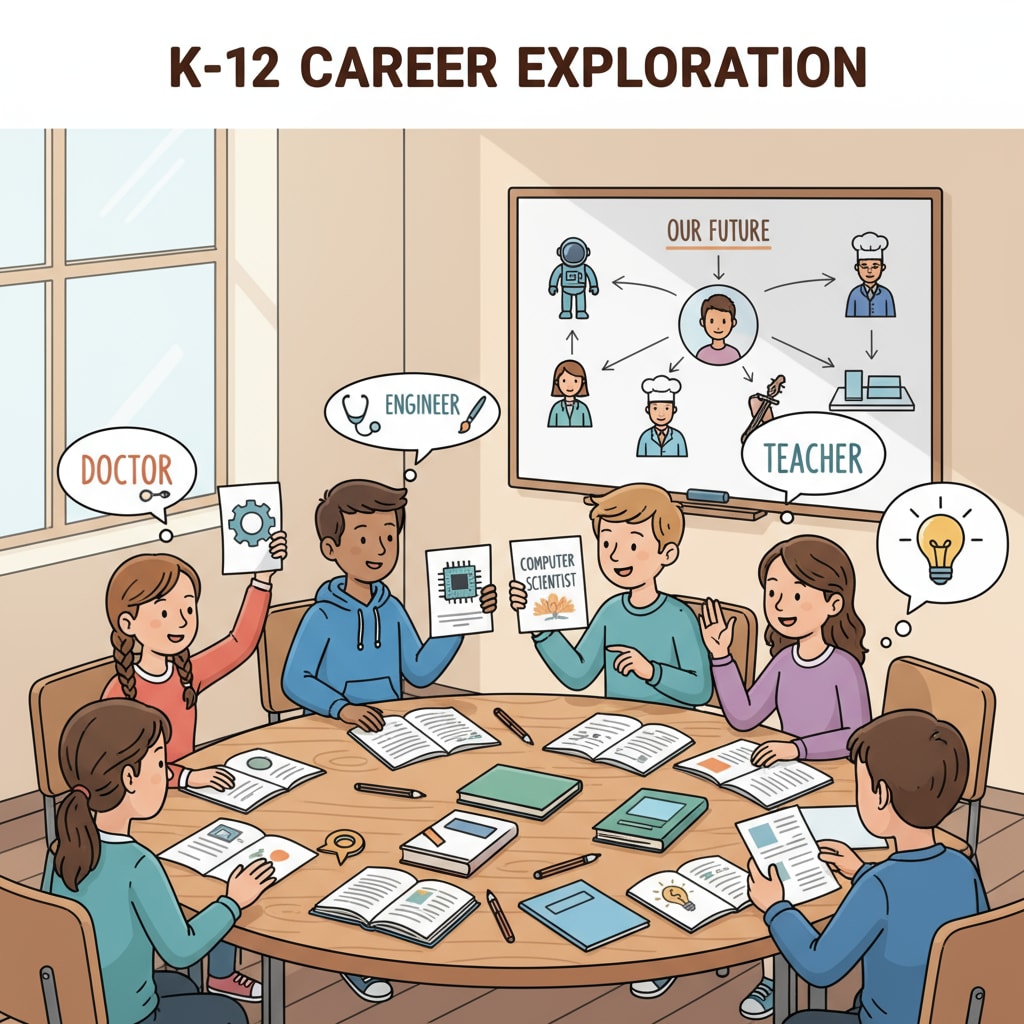Father’s pressure, career choices, military, and medicine are key elements in the complex issue of the conflict between parents’ forced career choices and teenagers’ autonomous will. During the K12 stage, adolescents often find themselves at a crossroads, torn between what their parents desire for their future and their own aspirations. This conflict can have profound implications for their psychological well-being.

The Battle of Wills: Parental Influence vs. Teenager Desires
Parents, driven by various factors such as societal expectations and their own life experiences, often impose their ideas of a “suitable” career on their children. For example, a father may push his child towards a military or medical career, believing it offers stability and prestige. However, teenagers at this stage are starting to develop their own interests and passions. They may be more inclined towards fields like art, music, or technology. This misalignment of interests can lead to significant tension within the family.

The Psychological Toll on Adolescents
The pressure to conform to parental expectations can take a heavy toll on teenagers’ mental health. Many experience high levels of stress, anxiety, and even depression. When they are forced to pursue a career path they have no interest in, they may lose motivation and self-esteem. This can further impact their academic performance and social relationships. As a result, it is crucial to address this conflict in a timely manner.
Building Healthy Communication Bridges
One of the most effective ways to resolve this conflict is through open and honest communication. Parents need to create a safe space for their children to express their true feelings and aspirations. By actively listening to their kids, they can gain a better understanding of what drives them. In addition, teenagers should also be encouraged to share their long-term goals and interests with their parents. This two-way dialogue can help bridge the gap between their perspectives. American Psychological Association’s guidance on Parent-teenager communication
The Importance of Respect for Autonomy
Respecting teenagers’ autonomy in career choices is fundamental. Parents should recognize that their children have the right to pursue their own dreams. Instead of imposing their will, they can offer support and guidance. For instance, if a child shows an interest in a non-traditional career path, parents can help them explore the opportunities and challenges associated with it. This approach not only respects the child’s individuality but also empowers them to make informed decisions. Psychology Today’s insights on the importance of autonomy in adolescent development
In conclusion, the conflict between father’s pressure, career choices, military, and medicine in the context of adolescents’ career decision-making is a complex issue. However, by fostering healthy communication and respecting teenagers’ autonomy, families can navigate this challenging terrain and achieve a more harmonious career planning process.
Readability guidance: The article uses short paragraphs and lists to summarize key points. Each H2 section provides relevant details. The proportion of passive voice and long sentences is controlled, and transition words are scattered throughout the text to enhance readability.


